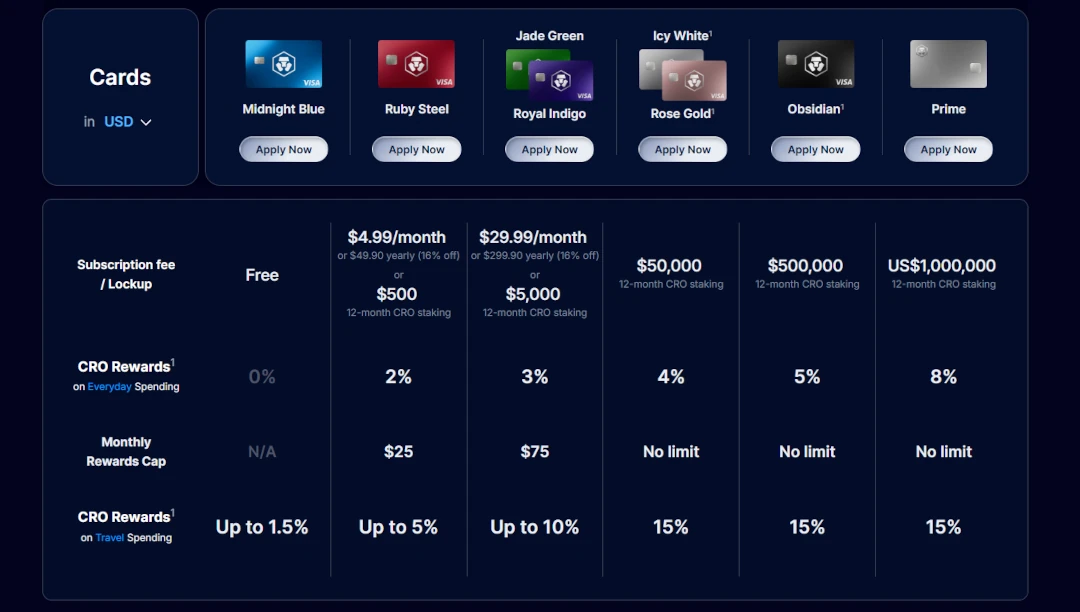Best Crypto Cards in 2026
Buy groceries directly from Ledger? Yes, please.
Table of content
More news

Martingale Strategy: Friend or Foe?
Author: Kristoffer
Published: 31.12.2025

Crypto Casino Economy: How Much Money Do They Make?
Author: Kristoffer
Published: 18.12.2025

Best VPNs for Gambling in 2026
Author: Kristoffer
Published: 28.11.2025

What Is Etherscan? How to Use the Ethereum Block Explorer
Author: Kristoffer
Published: 13.11.2025
Casino Expert
Kristoffer is a seasoned expert in cryptocurrency and online gambling, active in both industries since 2014. With deep knowledge of blockchain technology and its impact on iGaming, he provides in-depth reviews and strategic insights to guide readers through the evolving world of crypto casinos with confidence and clarity.









